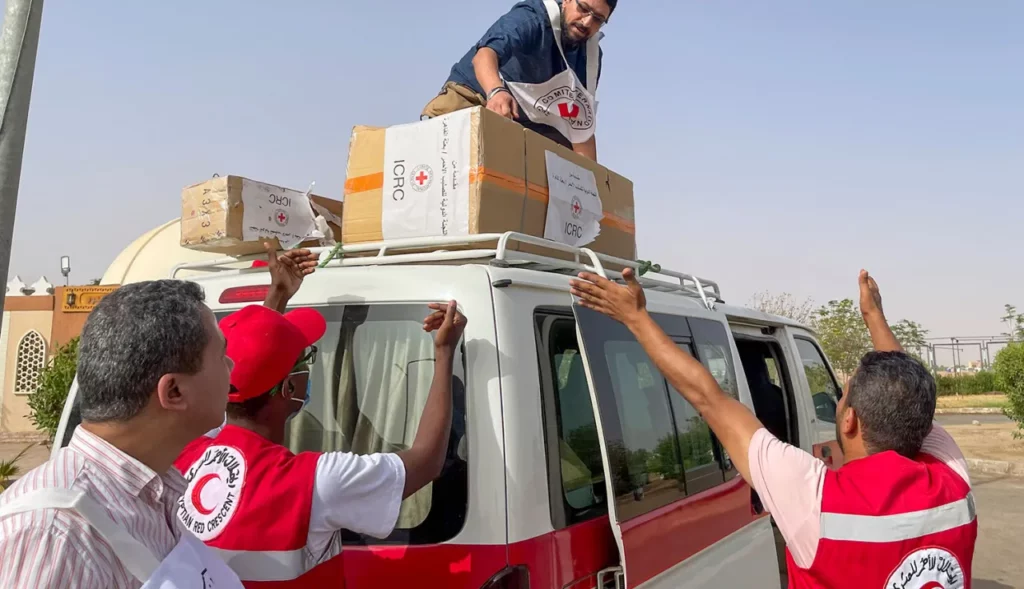12 August 2024

The principle of unity is one of the cornerstones of the International Red Cross and Red Crescent Movement. It stipulates that there can only be one Red Cross or Red Crescent Society per country. This single society must be open to all and carry out its humanitarian activities throughout the country, thus ensuring that all communities, even the most isolated, can receive help in times of need.
Applying the principle of unity is crucial to maintaining the effectiveness and impartiality of humanitarian efforts. A single national society active in all regions ensures uniform coverage and avoids duplication of effort that could undermine the overall relief objective.
In addition, this single society must be inclusive in its recruitment, reflecting the diversity of the population so that humanitarian aid is provided to all, by all, without discrimination. Volunteers must share the organisation’s principles and possess the skills necessary for their missions, thereby strengthening the Red Cross’s ability to respond to crises efficiently and equitably.
The International Committee of the Red Cross (ICRC) is a neutral and impartial humanitarian organization whose principal mandate is to protect the lives and dignity of victims of armed conflict. Founded in 1863, the ICRC works throughout the world with national Red Cross and Red Crescent Societies to provide humanitarian assistance to people affected by conflict. Its activities include distributing emergency aid, protecting civilians, reuniting separated families, promoting international humanitarian law, and visiting prisoners of war and other detainees.
In addition, the uniqueness of the Red Cross implies centralised coordination. Each national society must have a centralised governing body that gives clear instructions and ensures the cohesion of actions at all levels. Abroad, a national society intervenes only in agreement with the sister society concerned, thus respecting the sovereignty and effectiveness of local interventions.
The Red Cross emblem, a universally recognised symbol, plays a central role in this unity, representing not only the identity but also the ongoing commitment of the Red Cross throughout the world.
Would you like to know more about the values of the Red Cross? Discover our principles